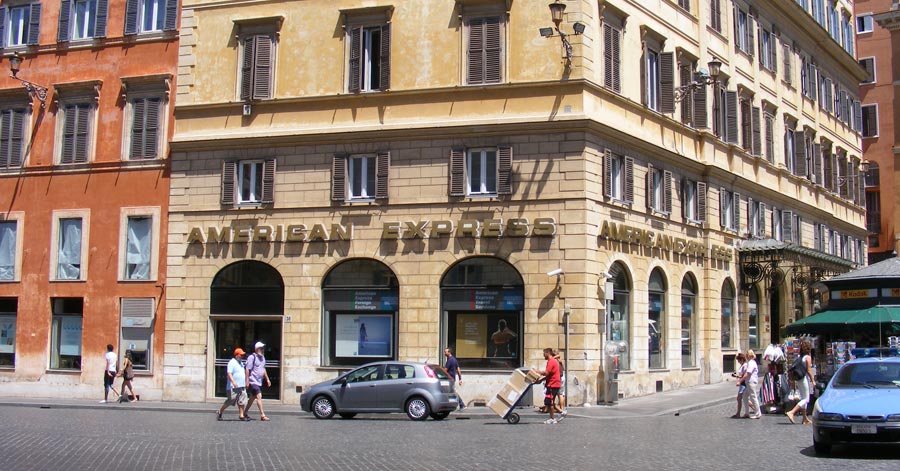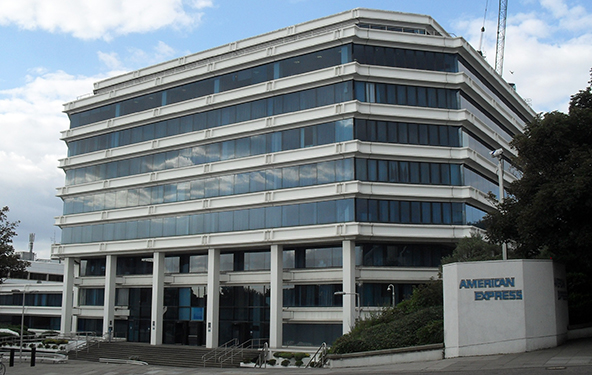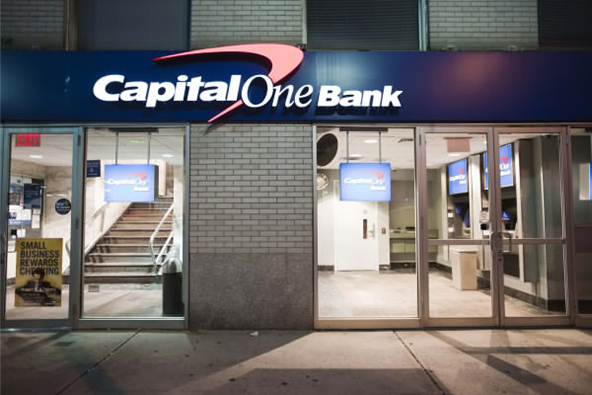MasterCard Interchange Fees and Merchant Category Codes

Interchange is a fee paid by the processing bank to the issuer to compensate the issuer for some of the risks and costs it incurs to maintain cardholder accounts. These costs include finance costs for the interest-free period between the time a cardholder makes a purchase and pays his or her bill, credit losses, fraud protection, and processing costs. The processor later collects this fee from the merchant as a component of the discount rate. Discount rate is the total amount that a merchant is charged for processing bank card transactions.
MasterCard sets its interchange rates based on a series of requirements, all of which need to be satisfied for a transaction to qualify for that rate. These requirements account for factors such as:
- Merchant category.
- The time between authorization and clearing.
- The presence or absence of magnetic stripe data.
- The submission of enhanced transaction data.
- A merchant’s MasterCard sales and transaction volume.
Each merchant category is designated by a code – a card acceptor business code, formerly known as a merchant category code (MCC). MCCs are required in all authorization and clearing messages.
The following table provides a list of commonly used MCCs.
|
MCC Category |
Description |
| Airlines | The Airlines category consists of air carriers and airlines. |
| Amusement and Entertainment | Amusement and Entertainment merchants provide recreation and entertainment services; includes the managers, performers, promoters, organizers, operators, renters, and sellers of such services. |
| Automobile / Vehicle Rentals | Automobile / Vehicle Rentals merchants provide short-term or long-term rentals of cars, trucks, vans, utility trailers, motor homes, or recreational vehicles. |
| Automobiles and Vehicles | Automobiles and Vehicles merchants sell new and used vehicles, provide vehicle replacement parts and accessories, sell fuel, and may make repairs. Vehicles sold include cars, motorcycles, trucks, recreational trailers, motor homes, watercraft, and snowmobiles. |
| Business Services | Business Services merchants are typically engaged in trades and business support services, providing specialized goods and services for consumers and businesses. |
| Clothing Stores | Clothing Stores sell clothing, accessories, and other apparel. |
| Contracted Services | Contracted Services merchants are general and specialized contractors that provide building, landscape, agricultural, veterinary, and other services. |
| Government Services | Government Services merchants include local, state, and federal entities that provide administration and processing functions, as well as civil commissions, government accounting, supply and services offices, and other providers of government support services. |
| Hotels and Motels | The Hotels and Motels category includes all lodging establishments, such as “bed and breakfast” and other inns, resorts, cabins, and hostels. It does not include recreational areas in which patrons provide their own shelter, such as campgrounds and trailer parks. |
| Mail Order / Telephone Order Providers | Mail Order / Telephone Order Providers use direct marketing techniques to sell products, services, and information. These merchants may actively seek customers using mailings, advertising, or other methods, or customers may access the merchant’s audiotext or videotext services. |
| Miscellaneous Stores | Miscellaneous Stores sell unique or specialized items and services rather than a general line of merchandise. Examples include eating and drinking establishments, pharmacies, home furnishing, electronics, and household appliance stores. |
| Personal Service Providers | Personal Service Providers supply services of a personal nature such as dry cleaning, dating, tax preparation, funeral, clothing rental, and spa services. |
| Professional Services and Membership Organizations | The Professional Services and Membership Organizations category includes professionals with advanced or specialized education or training, schools and educational services, and membership associations and organizations. |
| Repair Services | Repair Services merchants specialize in repair and related services. |
| Retail Stores | Retail Stores sell a variety of general merchandise. Examples include building material, hardware, garden supply, and food stores, and discount and department stores. Merchants that primarily sell apparel are classified under Clothing Stores. Eating and drinking establishments are classified as Miscellaneous Stores. |
| Service Providers | Service Providers supply non-personal services. Examples include cash disbursements by financial institutions, sales of travelers cheques and foreign currency by non-financial institutions, insurance sales, timeshare sales, and campground operators. |
| Transportation | Transportation merchants include providers of passenger and freight transportation, as well as emergency, courier, storage, travel, and toll collection services. |
| United Kingdom | This category is for regional use only. |
| Utilities | Utilities merchants provide public services such as power, water, sanitation, telecommunications, telegraph, pay television, computer network, and information, and funds transfer services. Sellers of telecommunications equipment are also included. |
| Wholesale Distributors and Manufacturers | Wholesale Distributors and Manufacturers sell goods and services exclusively to other businesses. |
MasterCard typically publishes its interchange fees bi-annually on its website.
Image credit: Wikimedia Commons.



Thanks for the overview.